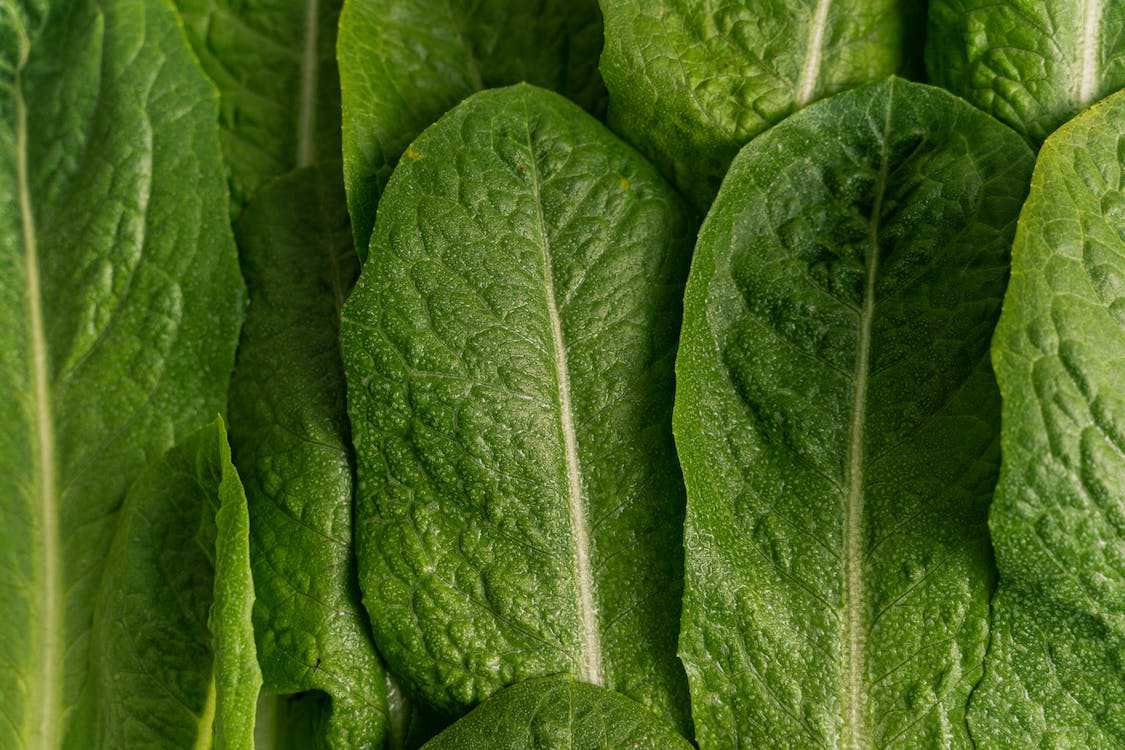With their bright citrus scent and refreshing sweet-tart flavor, oranges make a tasty snack for humans. Can our canine companions enjoy this vibrant fruit as well? The answer is yes – oranges can be a safe, healthy treat for dogs in moderation.
Are Oranges Safe for Dogs to Eat?
Oranges themselves are non-toxic for dogs. Both the juicy flesh and the peel are edible. In fact, oranges are packed with great nutrition!
However, there are some precautions to keep in mind:
- Too much citric acid can cause upset stomach. Introduce small amounts at first.
- Chowing the whole fruit including peel can present a choking hazard. Consider peeling for dogs.
- Pesticide residues on the skin could cause irritation. Wash oranges before feeding.
When fed responsibly in moderation, oranges are perfectly safe for dogs to eat and provide excellent health benefits.
Nutritional Benefits of Oranges for Dogs
Low in calories and sodium, oranges are densely packed with key vitamins, minerals and antioxidants. Some benefits include:
- Vitamin C – Oranges provide an excellent source of immune-boosting vitamin C.
- Folate – Oranges contain folate, which helps form healthy red blood cells.
- Fiber – Soluble fiber in oranges promotes healthy digestion.
- Potassium – This mineral supports nerve transmission and heart function.
- Phytochemicals – Plant compounds in oranges act as antioxidants and anti-inflammatories.
Oranges are also high in beneficial pectin fiber and the antioxidant beta-carotene. Their wide range of nutrients makes them a healthy, low-calorie snack.

Tips for Serving Oranges to Dogs
Follow these tips for safely incorporating oranges into your dog’s diet:
- Start with small amounts like a segment or two to check for tolerance.
- Consider peeling oranges to reduce choking hazard from the thick peel.
- Slice oranges into bite-sized pieces that are easy to chew and swallow.
- Remove any seeds, which could cause intestinal blockage if consumed.
- Rinse thoroughly to remove pesticides and chemicals from the outer peel.
- Introduce slowly over a few days rather than a huge portion all at once.
- Skip seasoning oranges with sugar, salt or other flavor additives.
Using common sense servings, oranges can provide dogs with a tart, tasty vitamin C boost!
Are Orange Peels Safe for Dogs?
The orange peel or zest itself is not toxic or dangerous to dogs. In fact, some of the beneficial oils and fiber are concentrated in the rind.
However, the tough peel could present a choking hazard for larger chunks. Small shreds mixed into their food or small licks of peel are fine. But large pieces of peel are risky.
If you want your dog to safely enjoy the whole fruit including the peel, consider these options:
- Peel and chop oranges into very small, easy to chew pieces.
- Scrape off some of the orange zest to sprinkle as flavoring instead of giving whole chunks.
- Blend peeled oranges and water in a food processor to make an easy to consume smoothie.
- Juice oranges and mix a small amount of the pulp back into the juice for flavor.
With precautions, the peel can be safely fed. But when in doubt, peel oranges for dogs to reduce choking risks.

Can Puppies Eat Oranges?
Puppies over 8 weeks old can start enjoying small tastes of peeled, sectioned orange as a treat.
The high water and fiber content can help soften their food for easier chewing and digestion. Just introduce tiny portions at first.
Too much citric acid from citrus fruits could lead to gastrointestinal upset in puppies unaccustomed to the acidity. Start with just a bite or two of orange and increase slowly over several days if no issues arise.
For young puppies, mash or puree oranges instead of feeding whole chunks. Always supervise puppies when feeding oranges or other new treats.
Should Oranges Be Avoided in Some Dogs?
Oranges are safe for most dogs but there are some exceptions:
- Dogs with chronic kidney disease or certain bladder stone types may need to limit citrus due to the acidity. Always check with your vet.
- Diabetic dogs should only eat small amounts due to the natural sugar content. Monitor blood sugar closely when introducing new treats.
- Dogs with sensitivities or allergies to citrus may experience itching, swollen lips or digestive upset after eating oranges. Discontinue feeding if any reaction is observed.
Check with your vet before feeding oranges to dogs with medical conditions. For healthy dogs, oranges can be a regular snack in moderation.

Can Dogs Eat Orange Juice or Frozen Oranges?
Orange Juice – Small amounts of fresh squeezed orange juice diluted with water is fine. But avoid store-bought due to additives. Go slowly to prevent digestive upset.
Frozen Oranges – Freezing doesn’t make oranges unsafe, but a whole frozen fruit could harm teeth. Defrost before feeding, or blend into “sorbet” instead.
Follow the same general safety guidelines if feeding orange juice or frozen oranges. Introduce new foods slowly and discontinue if any reaction occurs.
Conclusion
When served in reasonable amounts, oranges make a safe, healthy, low-calorie snack for dogs. Their natural vitamin C and other nutrients offers benefits without unhealthy additives. As with any new food, introduce slowly and be cautious with dogs prone to reactivity or allergies. With some care and supervision, oranges can provide a zesty treat both you and your pup can enjoy!
Frequently Asked Questions About Dogs and Oranges
How much orange can I give my dog?
A few sections 1-2 times per week is a good amount for most dogs. Larger dogs can handle a bit more orange flesh.
Are oranges good for dogs with allergies?
Maybe. Some dogs are allergic to citrus though, so introduce slowly. Discontinue if you see any signs of reaction.
Can dogs eat blood oranges?
Yes, blood oranges are safe. Their red flesh just comes from higher antioxidant levels. Introduce slowly as you would any new food.
What if my dog gets sick after eating an orange?
Withhold food for a few hours and call your vet if you see vomiting, diarrhea, or distress. Ensure fresh water is available.
Do dogs need vitamin C from oranges like people?
Not necessarily. Dogs naturally produce vitamin C in their bodies. But the extra antioxidants still provide benefits!


